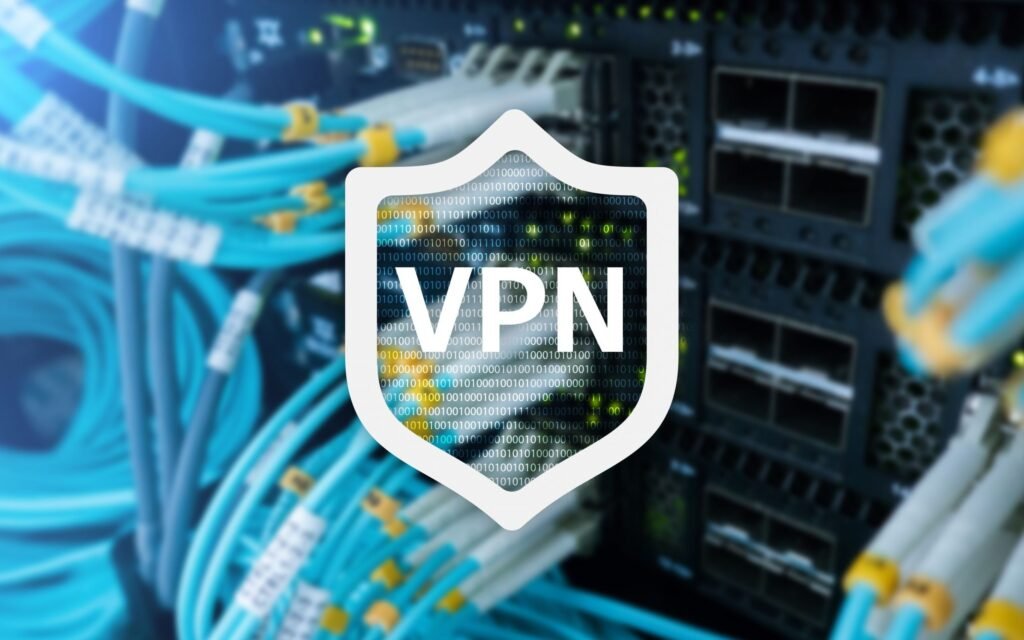Introduction
In today’s digital age, online privacy and security have become increasingly important. With the rise in cyber threats and the constant monitoring of online activities, it’s crucial to take steps to protect your personal information. One effective tool for safeguarding your online presence is a Virtual Private Network (VPN). In this article, we will explore what a VPN is and why you should consider using one.
What is a VPN?
A VPN, or Virtual Private Network, is a technology that allows you to create a secure connection to another network over the internet. It works by encrypting your internet traffic and routing it through a remote server operated by the VPN provider. This process masks your IP address and makes it appear as though you are accessing the internet from a different location.
When you connect to a VPN, all your data, including your browsing history, online activities, and personal information, is encrypted and protected from prying eyes. This ensures that your online presence remains private and secure, even when using public Wi-Fi networks or accessing websites that may track your online behavior.
Why Should You Use a VPN?
There are several compelling reasons why you should consider using a VPN:
1. Enhanced Online Security
A VPN adds an extra layer of security to your online activities. By encrypting your data, it prevents hackers, government agencies, and other malicious entities from intercepting and accessing your sensitive information. This is particularly important when using public Wi-Fi networks, which are often unsecured and vulnerable to cyber attacks.
2. Privacy Protection
When you use a VPN, your online activities are hidden from your internet service provider (ISP), as well as from websites and online services that may track your behavior. This means that your browsing history, search queries, and other personal information remain private and cannot be used for targeted advertising or other purposes without your consent.
3. Access to Restricted Content
Using a VPN offers a crucial advantage: the ability to overcome geographic restrictions and access content blocked in your region. By connecting to a VPN server in another country, you can make it seem like you’re browsing from that location. This enables you to reach streaming services, websites, and online content that might be limited in your country.
4. Anonymity and Freedom of Speech
A VPN allows you to maintain anonymity online and exercise your freedom of speech. By masking your IP address and encrypting your data, a VPN ensures that your online activities cannot be traced back to you. This is particularly important for individuals living in countries with strict internet censorship or surveillance, as it allows them to express their opinions and access information without fear of reprisal.
5. Secure Remote Access
If you frequently work remotely or need to access your company’s network from a different location, a VPN is essential. It provides a secure connection to your organization’s network, allowing you to access files, resources, and applications as though you were physically present in the office. This ensures that your communication and data remain protected, even when working from a public Wi-Fi hotspot or other unsecured network.
FAQs (Frequently Asked Questions)
- Q: Can I use a VPN for free? A: Yes, there are free VPN services available, but they often come with limitations such as slower speeds, data caps, and fewer server locations. For more robust features and better security, it’s advisable to invest in a paid VPN service.
- Q: Will a VPN slow down my internet connection? A: While using a VPN may cause a slight decrease in internet speed due to the encryption and rerouting of traffic, reputable VPN providers strive to minimize this impact. Choosing a server location closer to your physical location and utilizing high-quality VPN services can help mitigate speed issues.
- Q: Are VPNs legal to use? A: In most countries, using a VPN is legal. However, it’s essential to respect the laws and regulations of the country you’re in and ensure that you’re not using the VPN for illegal activities. Some countries have restrictions on VPN usage, particularly in regions with strict internet censorship.
- Q: Can I use a VPN on my mobile device? A: Yes, most VPN providers offer apps compatible with various mobile devices, including smartphones and tablets. These apps allow you to easily connect to VPN servers and protect your online activities while using mobile data or Wi-Fi networks.
- Q: Do VPNs protect against all types of online threats? A: While VPNs are effective in encrypting your internet traffic and protecting your data from interception, they do not provide comprehensive protection against all online threats. It’s still essential to use other security measures such as antivirus software, firewall protection, and safe browsing practices to safeguard against malware, phishing, and other cyber threats.
Conclusion
A Virtual Private Network is a powerful tool for protecting your online privacy and security. By encrypting your data and routing it through a remote server, a VPN ensures that your online activities remain private and secure.

